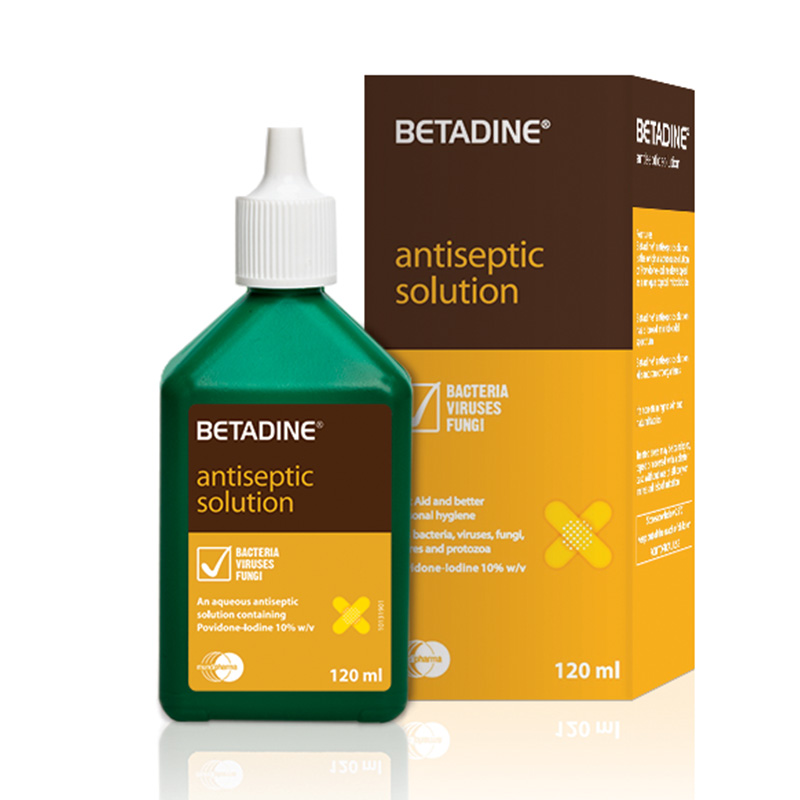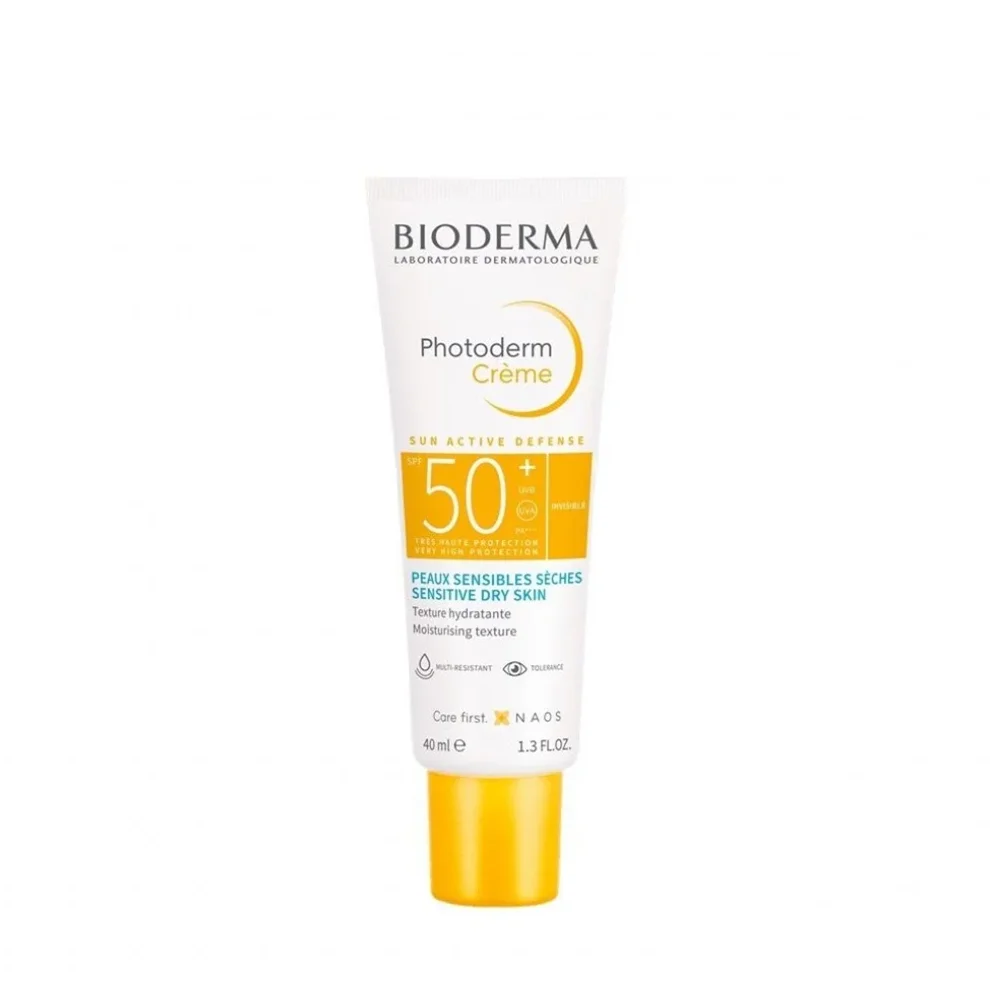

-
 New
15.92 $
New
15.92 $Self-test for the determination of total class E Immunoglobulins (IgE) in whole blood samples
Immunoglobulins E (IgE) are the class of antibodies that are most involved in allergic reactions. In normal conditions, IgE are present in blood in a really low quantity. However, when they come in contact with the allergens, their concentration increases and they can trigger the cascade of reactions leading to the appearance of the main symptoms of an allergic reaction (such as skin erythema, itchiness, sneezing repeatedly, and, in some cases, anaphylactic shock). This is why it is important to check if IgE levels are above normal, especially in people with a family history of allergies.
Allergy IgE TEST is for all those people who show the symptoms of an allergic reaction: itching and/or skin redness, eyes irritation and repeated sneezing.
-
 New
11.94 $
New
11.94 $Self-test to check/or the presence of anti-deamidated gliadin (anti-DGP) antibodies, lgA and IgG, in the blood, for celiac disease screening
Celiac Disease (CD), also known as “celiac sprue”, is a chronic inflammatory disorder of the small intestine, produced by the ingestion of dietary gluten products in susceptible people. It is a multifactorial disease, including genetic and environmental factors. Environmental trigger is represented by gluten while the genetic predisposition has been identified in the major histocompatibility complex region which cause the presence of specific antibodies against gluten and its components. Celiac disease is not a rare disorder like previously thought, with a global prevalence around 1%. The reason of its under recognition is mainly referable to the fact that about half of affected people do not have the classic gastrointestinal symptoms, but they present nonspecific manifestations of nutritional deficiency or have no symptoms at all.
Celiac Test is useful for anyone who wants to check for any gluten sensitivity, which must then be confirmed by a specialist.
-
 New
11.94 $
New
11.94 $Self-test for the detection of ferritin levels in whole blood samples.
Iron is an essential metal for our bodies and is crucial for transporting oxygen in the blood, for cell multiplication and to build the structure of tissues and organs. However, in excessively high levels it is toxic for the body. For this reason, every one of us has a system for taking up iron from the external environment (e.g. via a diet rich in iron-containing foods) and storing it in cells in a way that is not excessive (and therefore not toxic). Ferritin is the protein responsible for this storage function. The level of ferritin is an excellent indicator of the amount of iron available to the body. Low levels of this protein in the blood are an indication of depleted iron stores, a condition that precedes the development of anemia. A decrease can be caused by pregnancy, hemorrhages, alterations in iron uptake.
Iron Fer Test is useful for checking the body’s iron reserves.
-
 New
15.92 $
New
15.92 $Self-Test for the determination of the Follicle Stimulating Hormone- FSH in urine
Menopause is defined as the time when there have been no menstrual periods for 12 consecutive months and no other biological or physiological cause can be identified. The menopause is caused by a modification of the hormonal balance in woman’s body. This change arises generally when close to 45 years old. But true signs are observed around 55 years old. An irregular duration of periods is an early indication of the menopause beginning (perimenopause). Menopause is the consequence of the end of ovary follicle lifecycle leading to increase of Follicle Stimulating Hormone (FSH) circulating level. Concentration of FSH increases during menopause passing from values less than 20 mUl/mL up to approximately 80 mUl/mL.
Menopause FSH Test is indicated for women who begin to experience symptoms related to menopause: lack of menstrual cycles, hot flashes, sleep irregularities and obvious mood changes.
-
 New
11.94 $
New
11.94 $Self-Test for the detection of leukocytes, blood, nitrites and proteins in urine
Urinary Tract Infection (UTI) is a collective term that describes any infection involving any part of the urinary tract, namely the kidneys, ureters, bladder and urethra. It is one of the most common infections in local primary care. The test should be performed in presence of the following symptoms: excessive frequency and/or burning during urination, turbid and/or bad-smelling urine.
Urinary Tract Infection Test is intended for anyone who wants to check the presence of leukocytes, blood, nitrites or proteins in the urine, indicating a possible infection in progress.
-
 New
15.92 $
New
15.92 $Rapid self-test for the semi-quantitative detection of vitamin D in human whole blood.
Vitamin D refers to a group of fat-soluble secosteroids responsible for increasing intestinal absorption of calcium, iron, magnesium, phosphate and zinc. Vitamin D is produced by skin exposed to ultraviolet B radiation or obtained from dietary sources, including supplements. Average daily vitamin D intake in the population and current dietary reference intake values are often inadequate to maintain optimal vitamin D levels. Virtually every cell in our body has receptors for Vitamin D, meaning that they all require “sufficient” level of Vitamin D for adequate functioning. Vitamin deficiency has been linked to various serious diseases: osteoporosis, multiple sclerosis, cardiovascular diseases, pregnancy complications, diabetes, strokes, autoimmune diseases, infectious diseases, etc.
Vitamin D Test is intended for persons commonly at risk for vitamin D deficiency, such as people who get tired and fatigued easily, inadequate sun exposure, limited oral intake, or have impaired intestinal absorption.




